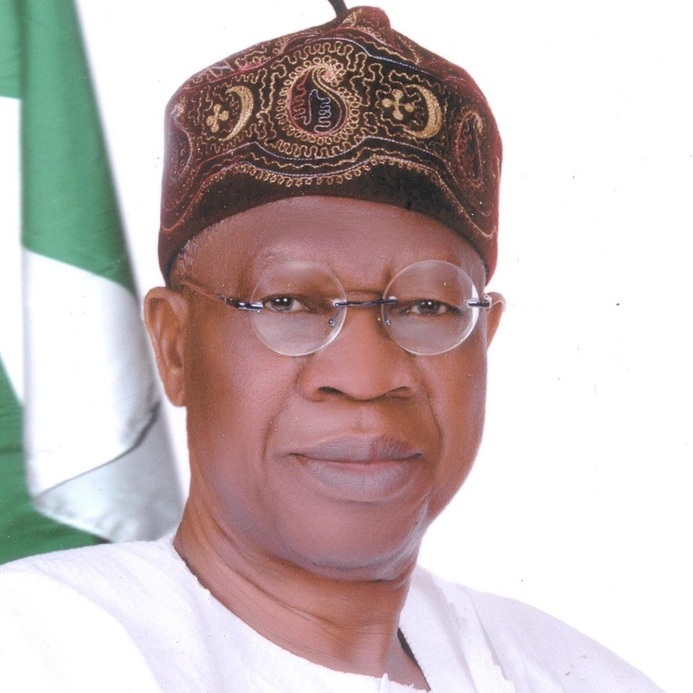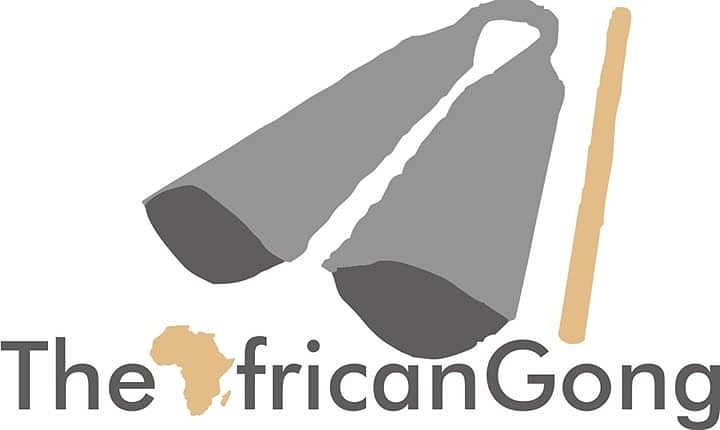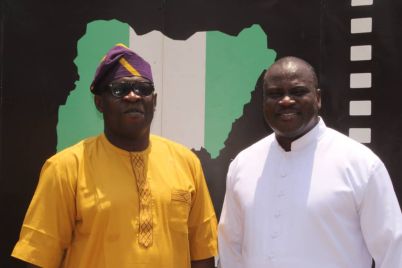
By Nkiruka Emeh Nstional Museum, Benin City.
Museum Education could be rightly said to have started when museum activities began in Nigeria but it was in 2002 that a Department of Educational Services and Training was given a full status in the Commission. Museum Educators therefore hold the task of educating Nigerians about our cultural heritage. Education in its simplest term connotes the dissemination of knowledge and skills which are needed for various forms of human development to enable humans survive in their environment.
Museum Educators create awareness of museum to the public, bridging the gap between the museum and the visitors using the gallery exhibition to see how museum can be centres of attraction, dissemination of knowledge and an engine of economic growth. Thereby, becoming centres for socioeconomic development that attract visitors and researchers. A Museum Educator is what the French call an animateur, stimulating and arousing the interest of the visitors. Museum education is quite important in the activities of the museum and it is a very veritable organ for publicizing the museum to the member of the public. Museum Education activities are discernable both within and outside the museum.
As a museum educator, you’ll create and deliver a varied, dynamic and informative programmes of museum education to adults and children. Delivering museum education is more than teaching visitors about museum collections and individual exhibits. It can extend to the museum buildings themselves and also the history of the area. It can also address important issues relating to black history and Britain’s colonial past, for example. Programmes are often designed to engage those who may not normally use the museum or gallery, such as hard to reach young people, young children, older people and families. Programmes can cover both formal and informal learning and can be aimed at classes, groups or individuals.
Among others, a museum educator’s responsibility is to engage the public. To do this, he needs to create a learning strategy in line with the ethos of the museum, develop programmes of talks, activities and workshops around particular exhibitions or in response to particular themes or festival, liaise with schools, colleges and teachers to promote the use of the collections and activities of the museum in line with the national curriculum. Also, he needs to each museum education to school groups in line with the national curriculum and school syllabuses, create and develop educational resources for visitors, schools, families and special interest groups. He delivers talks, organizes workshops and activities in partnership with storytellers, craftspeople and artists, facilitate activities in the local community in response to requests from schools and community groups or to promote particular exhibitions, while equally generating income that contribute to funding of the museum. There are instances when the museum educator monitors the reactions of visitors through museum audience research. The analysis of this research helps to enrich the exhibitions and attract audience attention better.

Museum Educators do organize teaching of Nigeria Classical Art to teachers on our classical cultural objects and heritage in the museum. This will enable the teachers to appreciate the importance of our objects and cultural heritage and pass some to their students. museum/cultural heritage clubs in
Museum Educators engage in teaching skill acquisition as out-reach programmes. In this exercise internet groups like physically challenged, prison inmates, NAOWA Nigeria Army Officers Wives Association e.t.c are brought together outside the museum and taught traditional trades like tie & dye, soap making, mat and basket weaving, petroleum jelly, balm, slippers making etc skills that have bearing on our cultural products which could be useful to them. This helps in job creation and reduction in unemployment.
Without doubts, Museum Educators have so much to contribute in terms of inputs and outputs in the propagation and transmission of our cultural values especially, to the next generation. This is readily achieved through the various services the museum offer.

